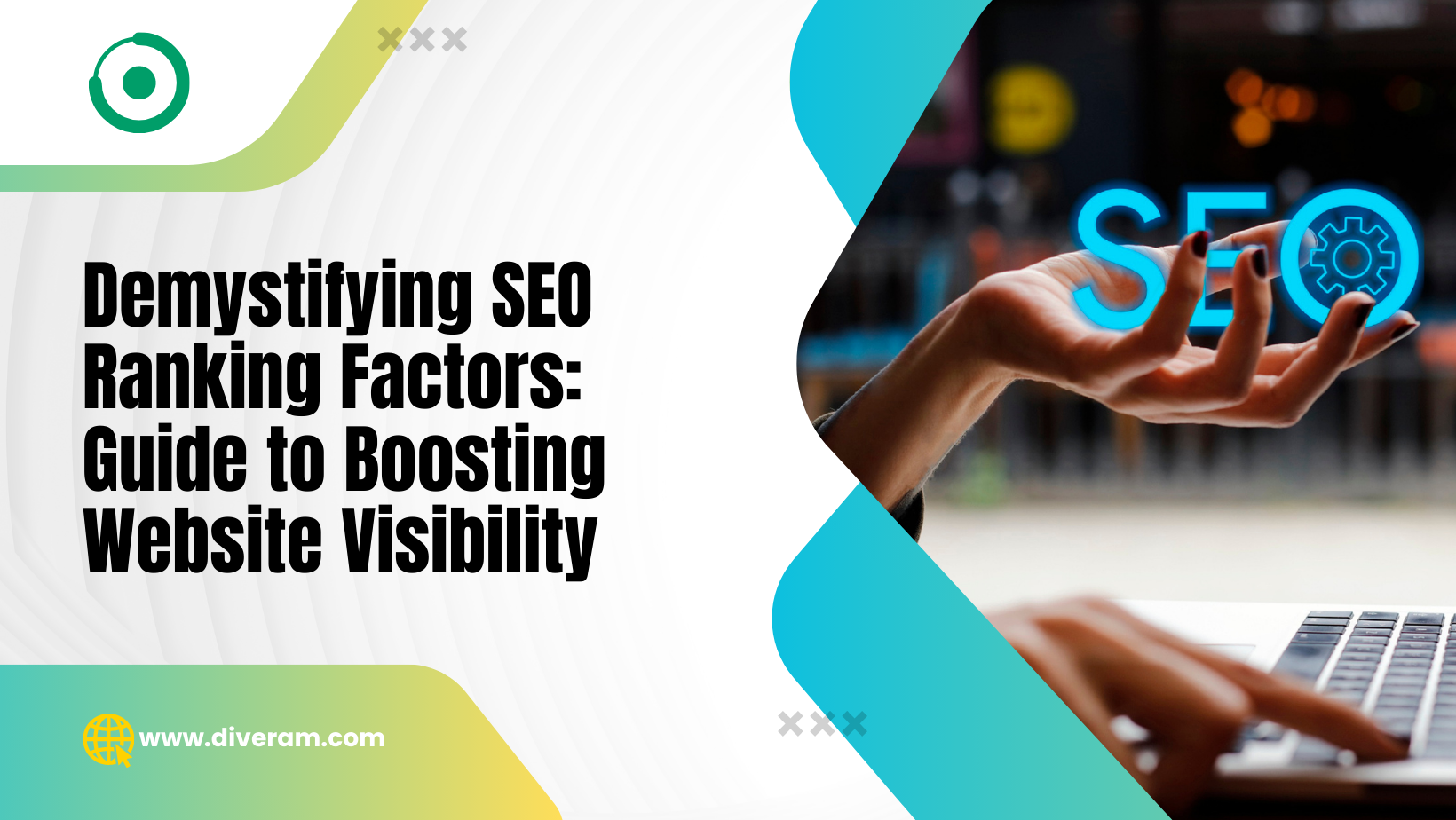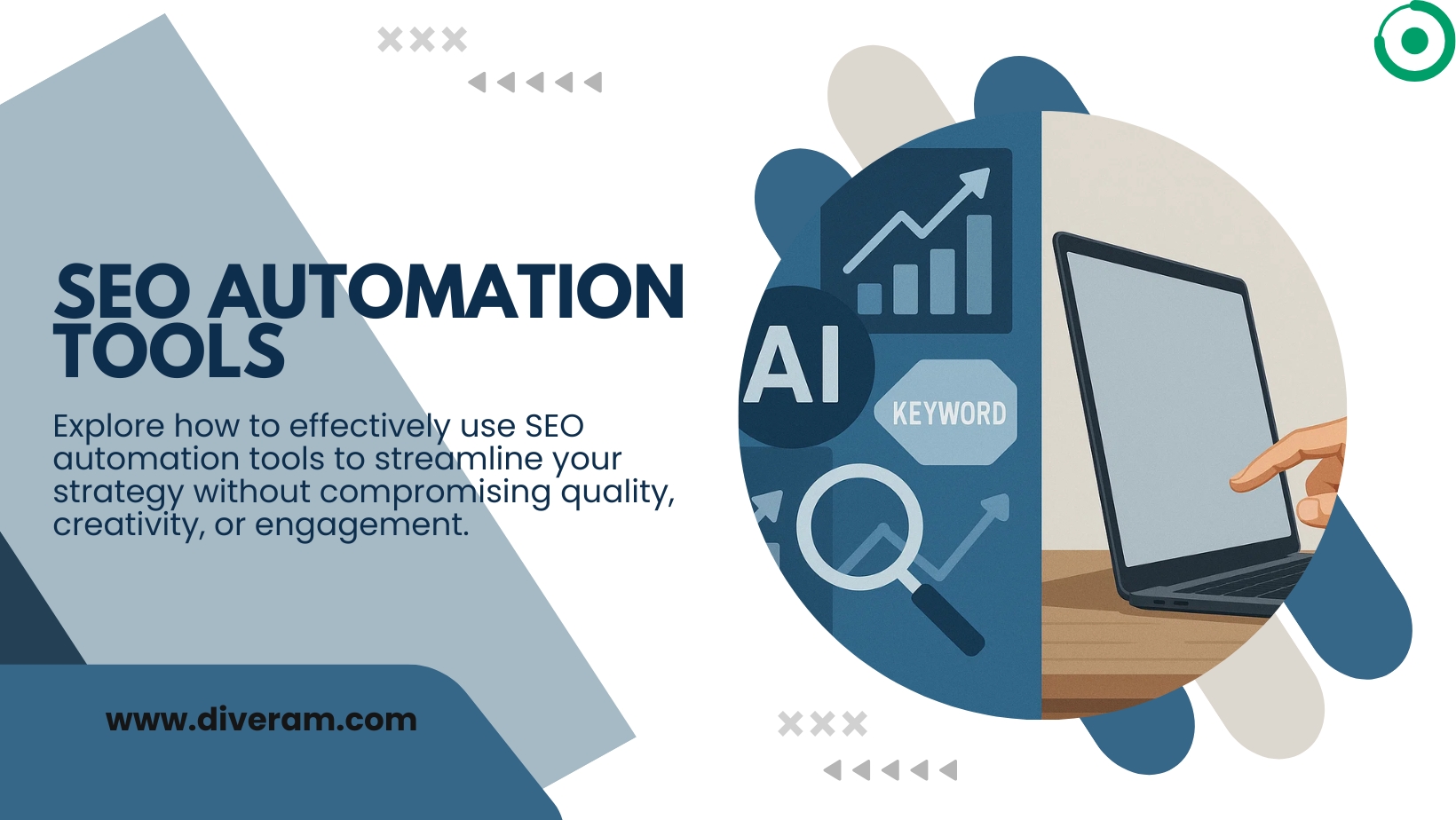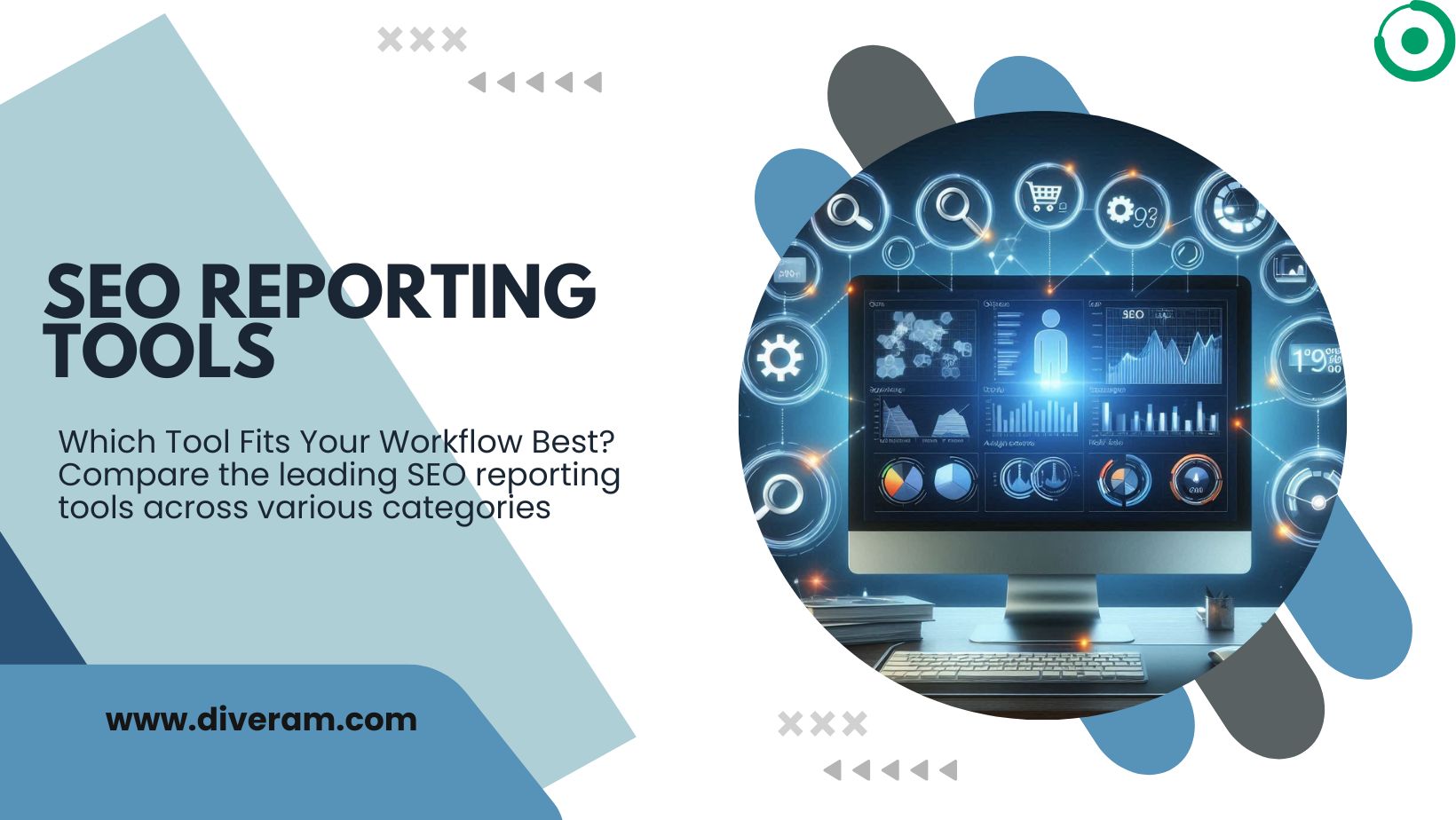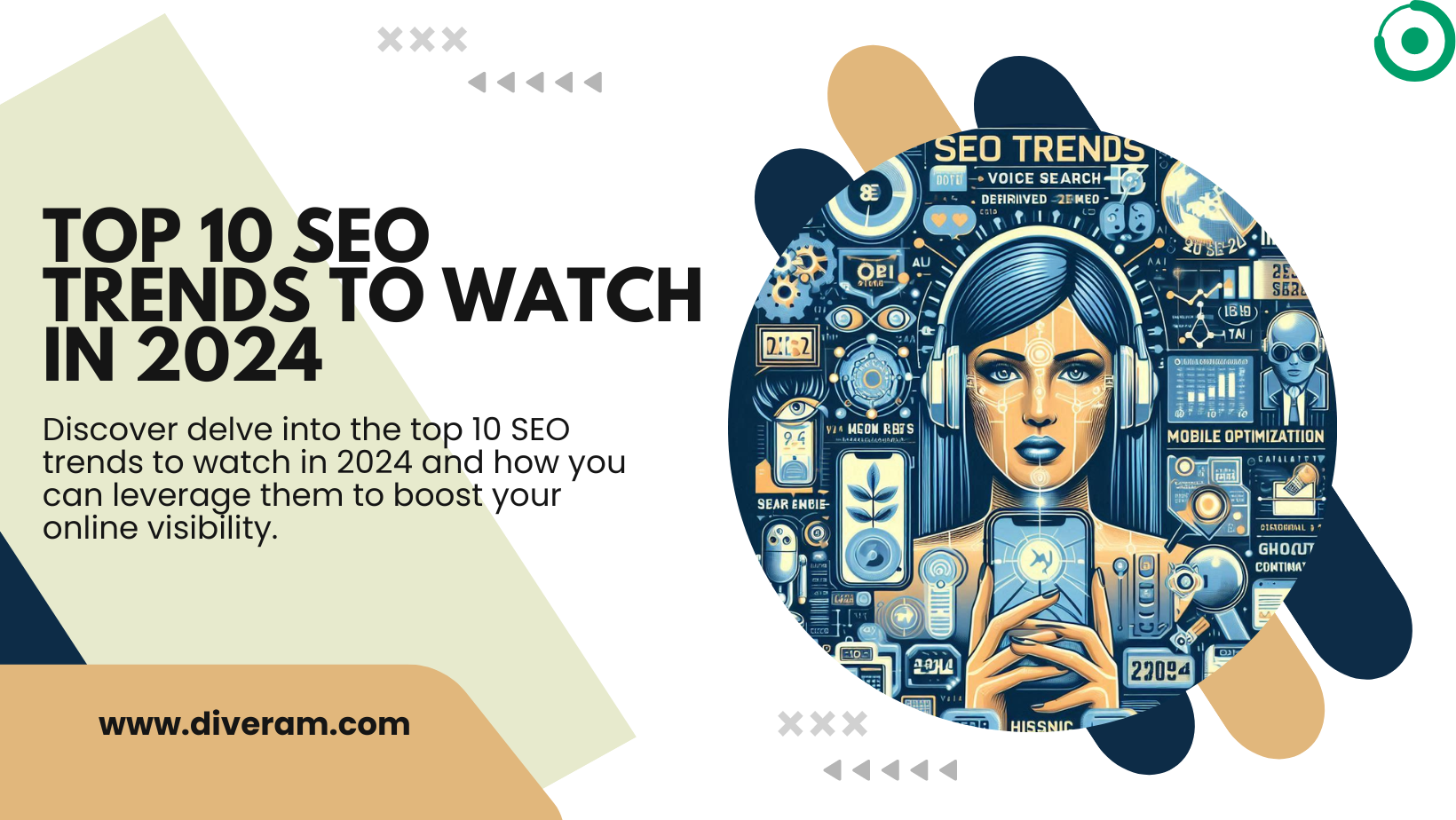AI in Digital Marketing: Leveraging Technology for Digital Success
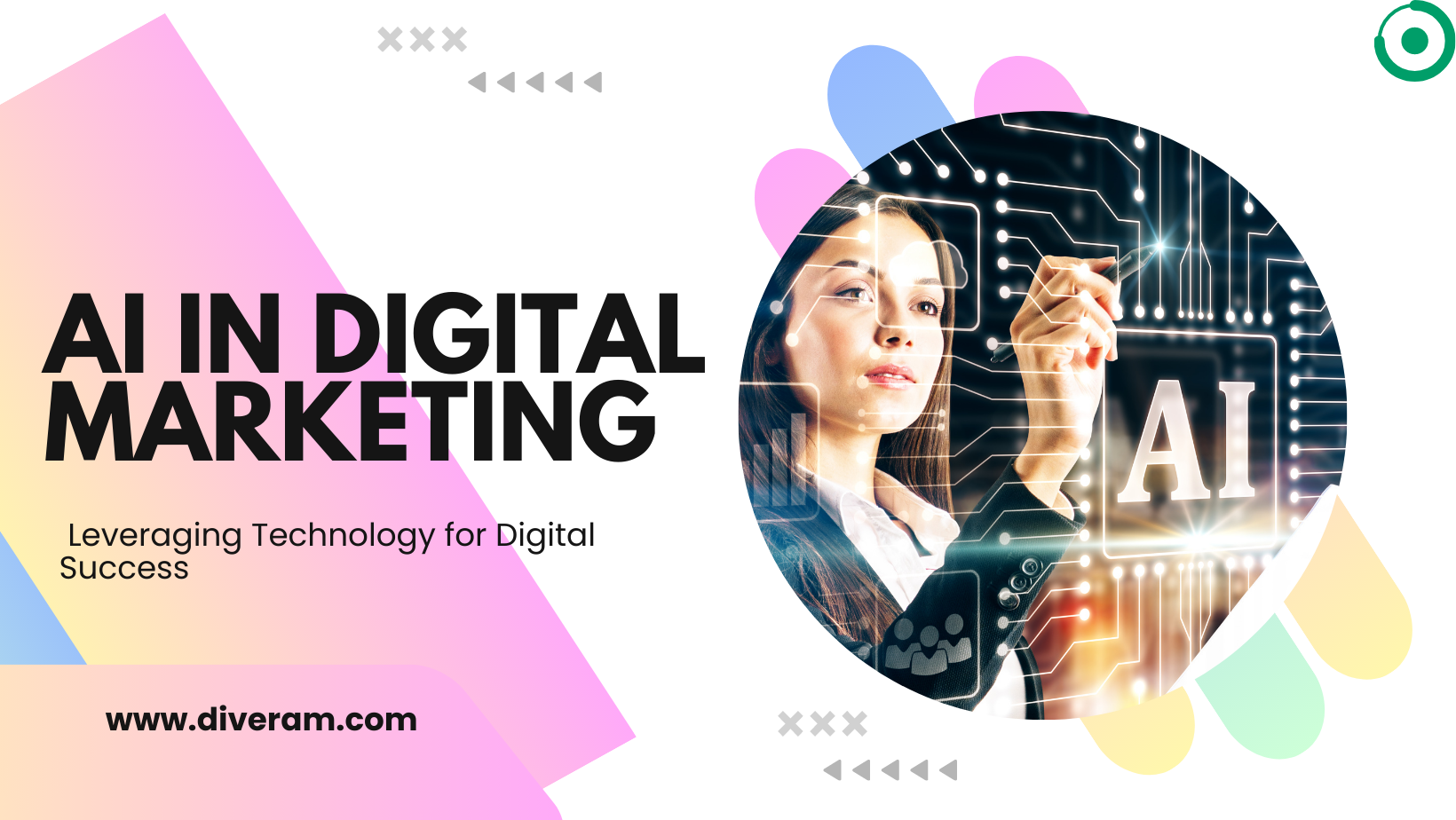
Introduction
In the fast-paced digital landscape of today, the convergence of two powerful forces, digital marketing, and artificial intelligence (AI), has paved the way for groundbreaking innovations. As businesses strive to remain competitive and relevant, harnessing the synergy between digital marketing and AI has become essential. This blog explores the dynamic intersection of these two domains, shedding light on how AI is reshaping the future of marketing strategies and how AI in Digital Marketing will revolutionise the landscape.
AI in Digital Marketing: Revolutionising the Landscape
Artificial Intelligence, often referred to as AI, refers to the simulation of human intelligence in machines. In the realm of marketing, AI’s potential is profound, revolutionising traditional practices and paving the way for data-driven, personalised, and efficient strategies.
Understanding AI
At its core, AI in digital marketing involves the use of advanced algorithms to analyse vast amounts of data, extract valuable insights, and automate processes that were once time-consuming and manual. This technology allows marketers to deliver highly targeted and personalised content, enhancing customer experiences and engagement.
From recommending products based on browsing behaviour to predicting consumer preferences, AI empowers marketers to make data-backed decisions that resonate with their target audience. By understanding customer behaviours and patterns, businesses can tailor their strategies to meet the evolving needs of their consumers.
Benefits of Incorporating AI
The marriage of AI and digital marketing presents a plethora of benefits that transcend traditional approaches. Some key advantages include:
Enhanced Data Analysis and Insights: AI algorithms can swiftly analyse large datasets, unveiling hidden patterns and trends. This enables marketers to refine their strategies and optimise campaigns for maximum impact.
Improved Customer Segmentation and Personalization: AI-driven segmentation allows marketers to categorise audiences based on specific criteria, leading to highly personalised messaging that resonates with different customer segments.
Automation of Routine Tasks: Mundane tasks such as email scheduling, social media posting, and data entry can be automated using AI, freeing up valuable time for marketers to focus on strategic initiatives.
Real-time Optimization: AI-equipped tools can continuously monitor and optimise campaigns in real-time, ensuring that marketing efforts remain aligned with changing market dynamics.
AI-Powered Strategies for Digital Marketing
Search Engine Optimization (SEO) and AI
AI’s role in SEO is transformative. It assists marketers in identifying high-potential keywords, optimising on-page content, and even predicting shifts in search trends. AI-driven content creation tools aid in producing relevant and engaging articles that resonate with both readers and search engines.
Social Media Marketing and AI
AI-powered social listening tools enable businesses to monitor brand mentions, track sentiment, and gather insights from social media conversations. Automated content scheduling tools ensure consistent posting across platforms, while AI-driven chatbots enhance customer interactions, providing instant responses and support.
Email Marketing and AI
Gone are the days of generic email blasts. AI enables the creation of highly personalised email content that considers individual preferences and behaviours. Additionally, AI algorithms can optimise subject lines for improved open rates and suggest the best times to send emails.
Pay-Per-Click (PPC) Advertising and AI
AI-powered PPC platforms analyse user behaviour to target ads more effectively, reducing ad spend wastage. Real-time bidding algorithms adjust bids based on performance, maximising ROI. Moreover, AI helps tailor ad content to match user intent, enhancing ad relevance.
Overcoming Challenges and Ethical Considerations
However promising the integration of AI into digital marketing may be, challenges and ethical considerations must be addressed.
Challenges in Implementing AI
The integration of AI requires a robust technological infrastructure and skilled personnel. Data privacy and security concerns also need attention to ensure consumer trust and compliance with regulations.
Ethical Considerations of AI
Transparency is crucial when using AI algorithms to drive marketing decisions. Avoiding biases in targeting and content creation is paramount to ensure fair and inclusive campaigns. Equally important is reskilling the workforce to adapt to AI’s evolving role.
Future Outlook: Synergizing Digital Marketing and AI
The future holds exciting possibilities as AI continues to evolve and reshape digital marketing strategies.
Evolving Landscape of Digital Marketing with AI
Voice search and AI-powered assistants are gaining traction, altering how consumers interact with brands. Emerging platforms such as virtual reality (VR) and augmented reality (AR) are also poised to benefit from AI’s capabilities.
Navigating the AI Revolution in Digital Marketing
Staying updated with AI advancements through continuous learning and collaboration with AI experts is vital. Building agile marketing teams capable of integrating AI seamlessly will be essential for adapting to the evolving marketing landscape.
Conclusion
The synergy between digital marketing and AI has opened doors to unparalleled opportunities. By harnessing AI’s analytical prowess, automation capabilities, and personalization potential, businesses can craft highly effective and targeted marketing strategies. As the digital landscape evolves, embracing AI will not only enhance marketing efforts but also empower businesses to stay ahead in a technology-driven world. Embrace it today and unlock the true potential of data-driven success.

